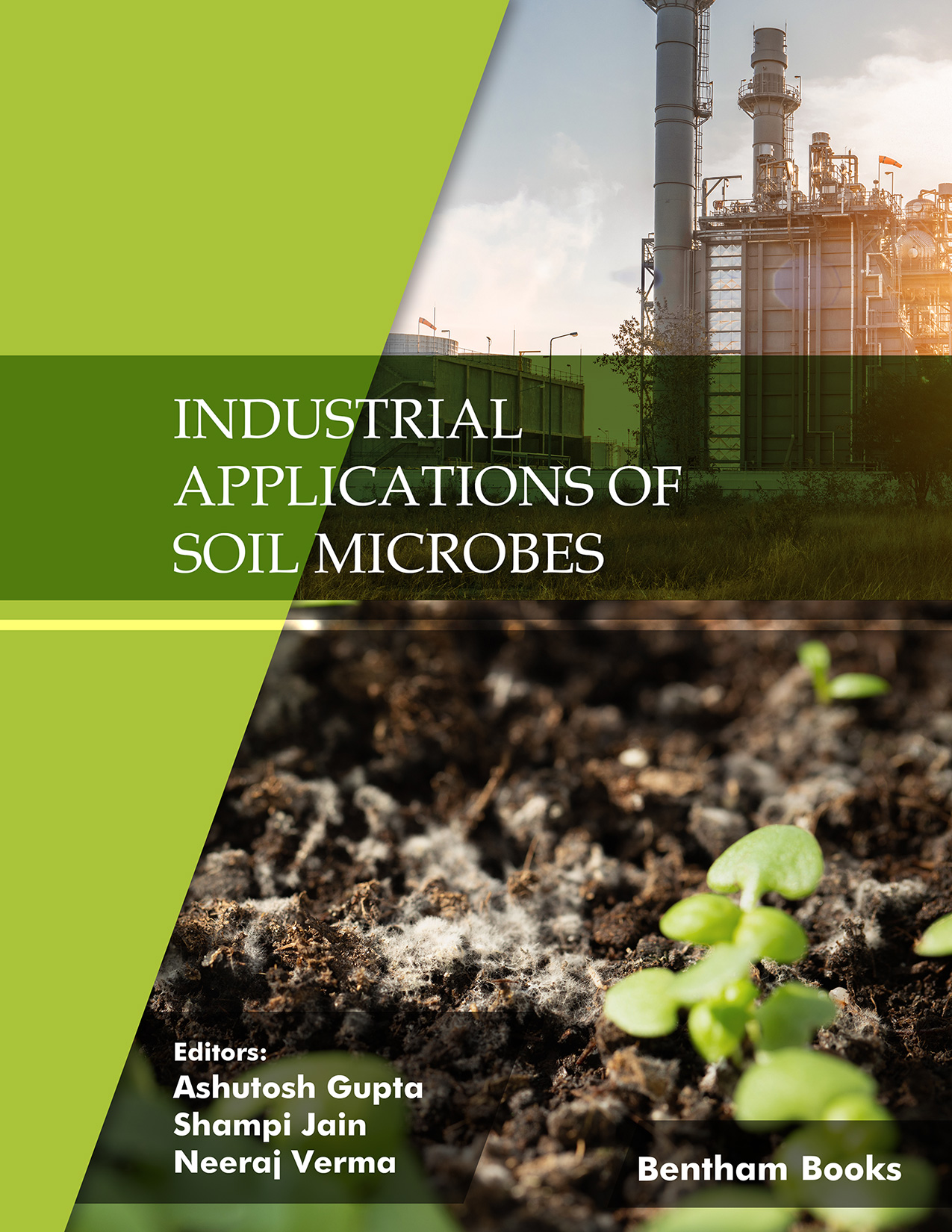The rapid increase in the population, industrialization, and so many human activities are all interrelated with each other and cause harm not only to the environment but also to the soil ecosystem. The soil ecosystem comprises various microorganisms, which may be beneficial or harmful to plants, soil, animals, and human beings. Some microbes, such as algae, bacteria, fungi, protozoans, and mycorrhizae, inhabiting soil are highly important for living beings, including humans.
These soil microbes carry out different biochemical reactions, leading to beneficial products. The ability of soil microbes to decompose organic waste is one of the major important uses. Beneficial soil microbes are being utilized in various chemical reactions in industries to produce products, which can be directly used in agriculture to increase the yield of the crops.
Indiscriminate use of fertilizer in the soil, barren land, and various pollutants present in the atmosphere results in an unhealthy environment for living beings. Either using the soil microbes in modified or unmodified ways may enhance the production of agriproducts and cause a healthy environment. The beneficial soil microorganisms as such or their products can be used in agriculture to get a better yield. This will certainly be beneficial to the farmers.
Sometimes a crazy idea also means a new school of opinion. We have been emphasizing here the soil microbes and their uses in agriculture, and we found that the information is scanty and scattered about the soil microbes and their uses. Thus, students and researchers could not get all this information in one place. Therefore, we decided to come up with a book entitled “Industrial Applications of Soil Microbes”, which carries the latest information on the subject.
In this volume of the book, an attempt has been made to present the basic and applied aspects of soil microbes with the latest information about microbial diversity in soil, their involvement in different processes either directly or indirectly for enhancement of crop yield, maintaining the ecosystem, reducing the pollution, future applications of soil microorganisms as nanoparticles, intellectual property rights, and their management.
Although there are other textbooks on soil microbes, it is hoped that the present book will be highly helpful to the students, academicians, scientists, and entrepreneurs who are working in this field. Further, it may provide information to the growers of the crops, giving them some principled knowledge to enhance their crop productivity.
The editors will be pleased to receive comments on the style and content of this volume for inclusion in further editions.
Ashutosh Gupta
Shampi Jain
&
Neeraj Verma
Department of Agriculture Science
AKS University
Satna, Madhya Pradesh
– 485001, India

